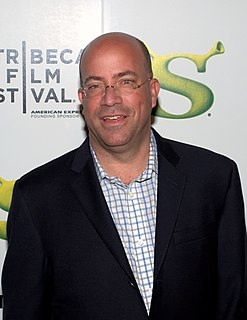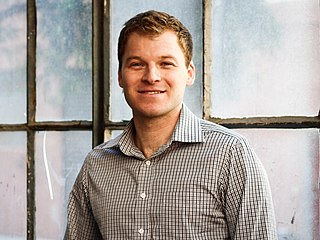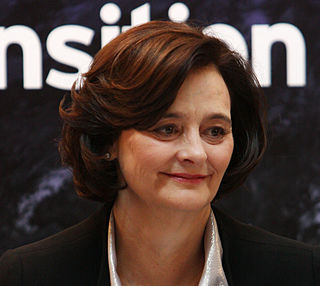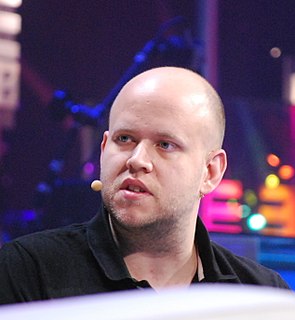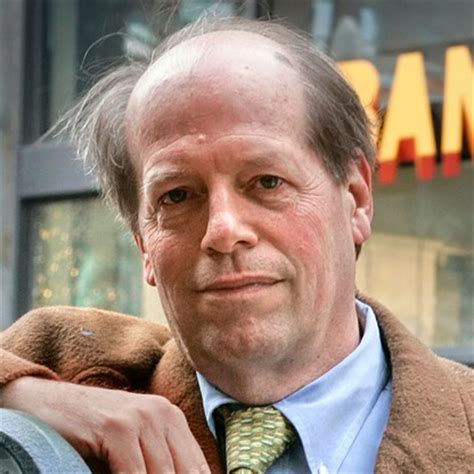A Quote by Steve Jobs
The subscription model of buying music is bankrupt. I think you could make available the Second Coming in a subscription model and it might not be successful.
Related Quotes
I looked at my family and I said, "I've got a spouse. I've got three kids. There's no way I'm ever buying a music subscription service for the five of us. It's just not going to happen." So we wanted to do something really great for families... It wasn't easy. We had to convince the labels it was in their best interests, too.
The old model of the industry was founded largely upon business folk trying to make money off artists. At EMP, we let the music make the money, not the other way around. We have flipped the model to make the artistry be at the forefront of everything we do. Music makes the business and that's what makes it work.


